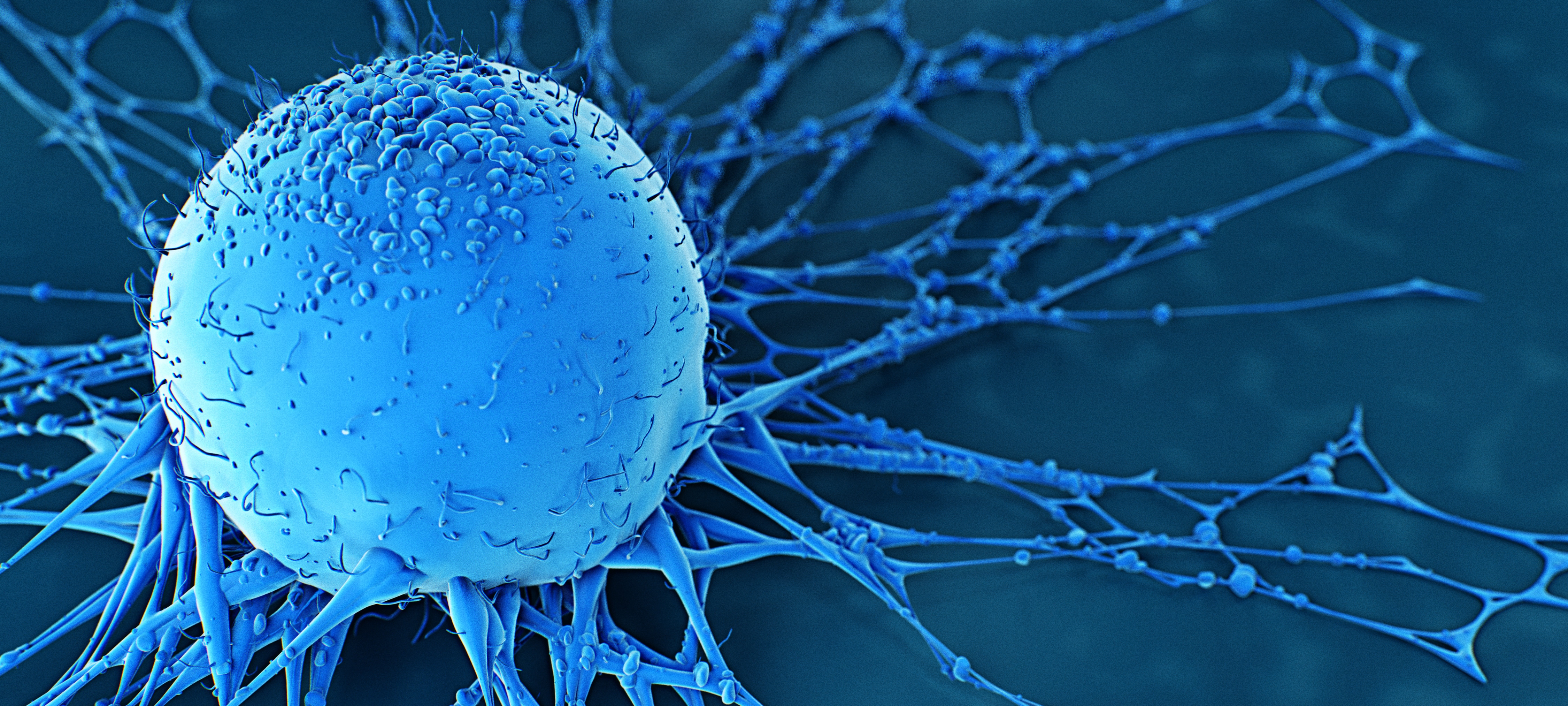
Olga Anczukow (@OlgaAnczukow), PhD, a leading expert on breast cancer at the Jackson Laboratory, recently presented on how HiFi sequencing (PacBio’s highly accurate long-read sequencing technology) with the Iso-Seq method is driving promising new insights into the RNA isoform landscape of cancer.
You cannot fight what you cannot see
The battle against cancer is a tremendously complex and often vexing scientific problem for biomedical researchers and clinicians alike. In the pursuit of solutions that could provide a path towards treatment, oncologists and cancer biologists are diving deeper into the complex biology of tumors and tumorigenesis than ever before.
Of these efforts, studies that delve into the intricacies of gene expression within tumors show tremendous promise. In gene expression research, the regulation of RNA splicing in cancer cells is of particular interest as alternative splicing events can have a profound influence on essential protein functions, and cancers show high levels of dysregulation in this regard.
Despite their potential, at present, an overwhelming majority of cancer gene expression studies miss most RNA isoforms because many short-read sequencing technologies are unable to detect them. These short, fragmented reads aligned to a reference genome can only assemble 20-40% of the whole cancer transcriptome.
Get the complete picture of the cancer transcriptome with HiFi sequencing
“We needed a long-read sequencing tool to really provide us with a view of full-length isoforms; there are, as you know, currently two technologies …we like PacBio because of the sequencing depth and also the low error rate and we’ve been very happy [with the results].”
–Olga Anczukow, PhD
In a recent talk on tumor-specific RNA isoforms, breast cancer expert Olga Anczukow (@OlgaAnczukow), PhD, associate professor at the Jackson Laboratory, discussed her group’s collaborative work (with the Banchereau and Beck groups) on the RNA isoform landscape of cancer and how HiFi sequencing of RNAs using the Iso-Seq method has been a game-changer for her team’s research. Dr. Anczukow’s lab focuses on using sequencing technologies to identify splicing alterations, decipher their regulation, and developing molecules to target splicing. The incredible length and unmatched accuracy of HiFi reads have allowed the Anczukow lab to capture many thousands of complete, full-length RNA isoforms in human breast tumors, 66% of which are new to science. Of these novel RNA isoforms, nearly half impact protein coding exons and are predicted to alter protein localization and function, including the products of breast cancer associated genes ESR1 and ERBB2.
Tap into a new a source of potential drug targets with full-length cancer-specific RNA isoforms
Homing in on potential targets for therapeutics is a major goal of cancer research and having a comprehensive view of tumor cell RNA isoforms is critical to that pursuit. Complete and correct isoform sequences make it easier to not only predict gene products and functions, but they can also make correlation studies seeking to appropriately link such information to higher-level phenotypes, such as mortality or survival, more productive. To this end, using HiFi sequencing with the Iso-Seq method, Dr. Anczukow’s team at the Jackson Laboratory were able to find 35 spliced isoforms associated with breast cancer survival, 21 of which were previously absent from the reference transcriptomes. Similarly, the group was able to use HiFi reads to identify previously undetected alternative splicing and exon skipping events that correlate with poor breast cancer survival.
Dr. Anczukow also showed exciting new data suggesting that aging may lead to splicing changes in breast cancer. The genetic link between the age-associated changes in these isoforms, as well as the functional consequences, is an exciting field of study and is currently being investigated.
Watch Olga’s talk on-demand
Capture full-length isoform information at the single-cell level with the MAS-Seq kit
Coming fall 2022, stay on the cutting-edge of cancer research with PacBio’s new single-cell RNA sequencing protocol. Based on the MAS-ISO-Seq method developed by Al’Khafaji et al.
Watch the video on MAS-Iso-Seq
Interested in incorporating HiFi sequencing of cancer-specific RNA isoforms into your research program?
Check out these additional resources:
Explore cancer research solutions
Speak with a PacBio scientist
Bulk and single-cell workflows
Consider investing in a sequencing platform
Identify local service providers